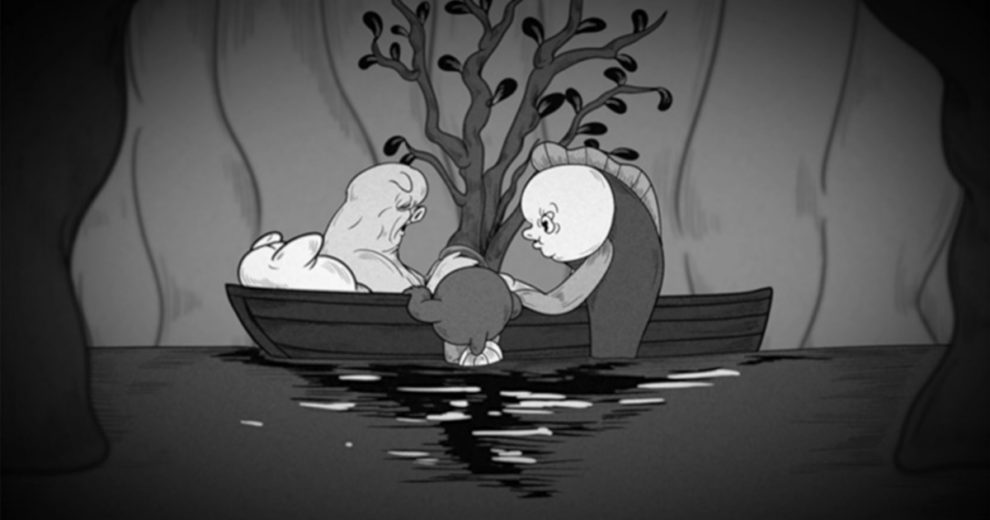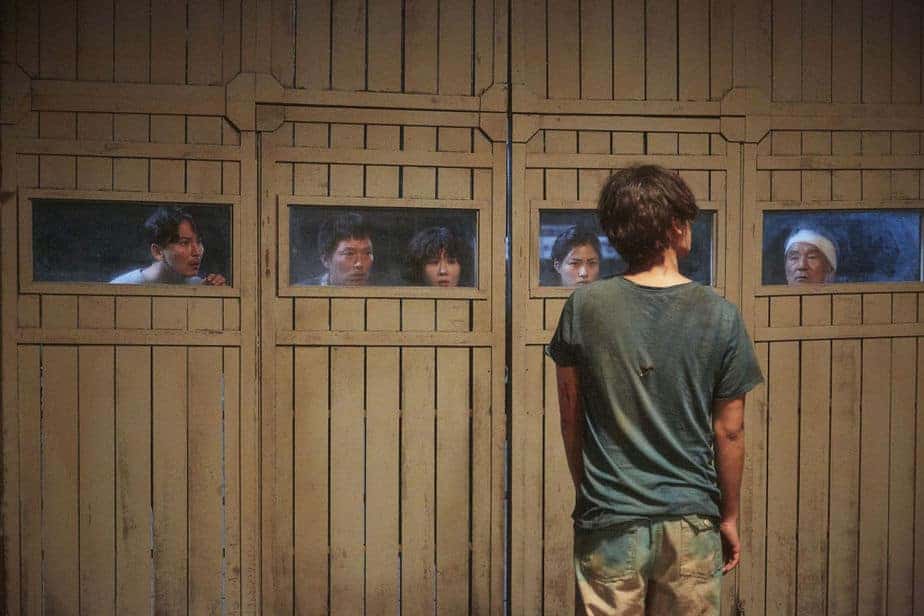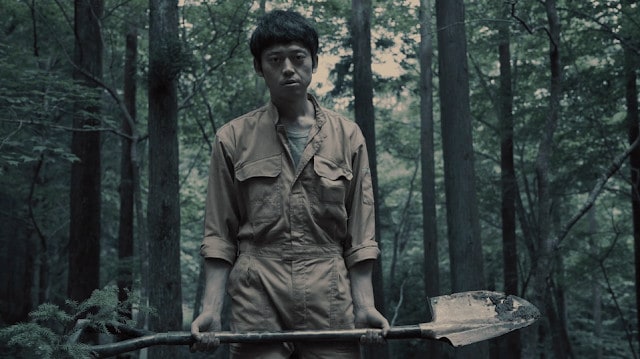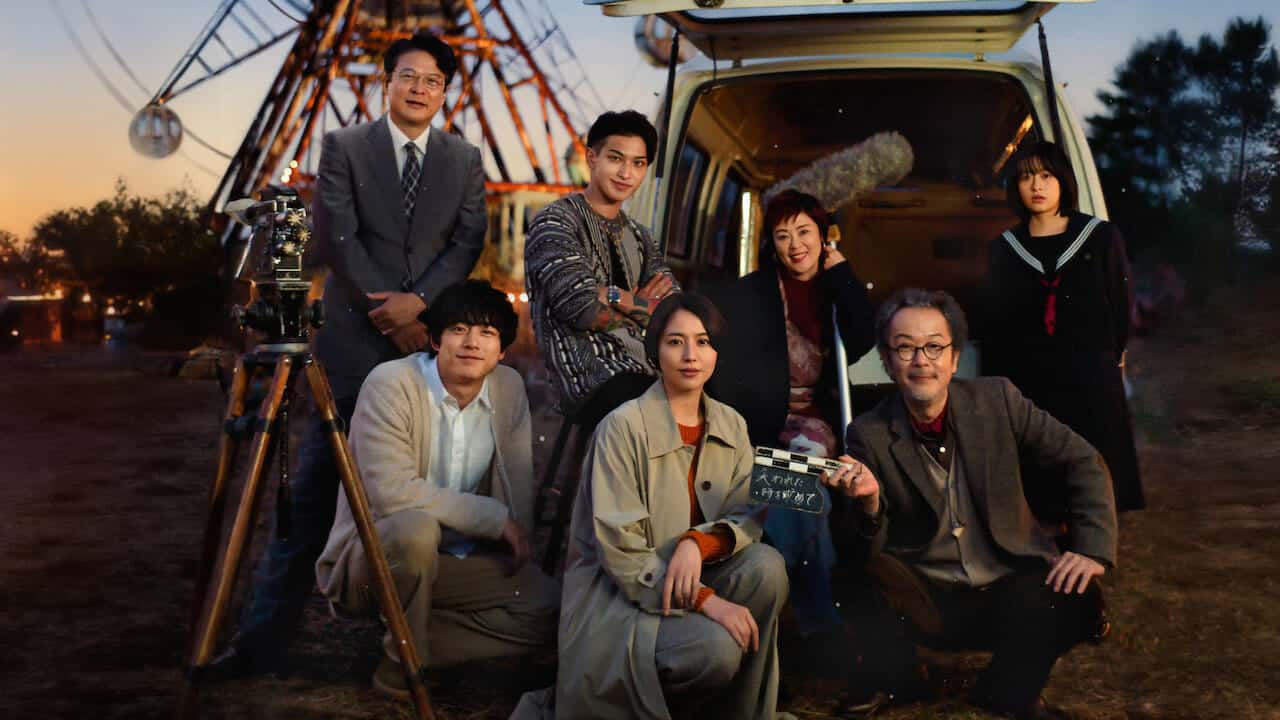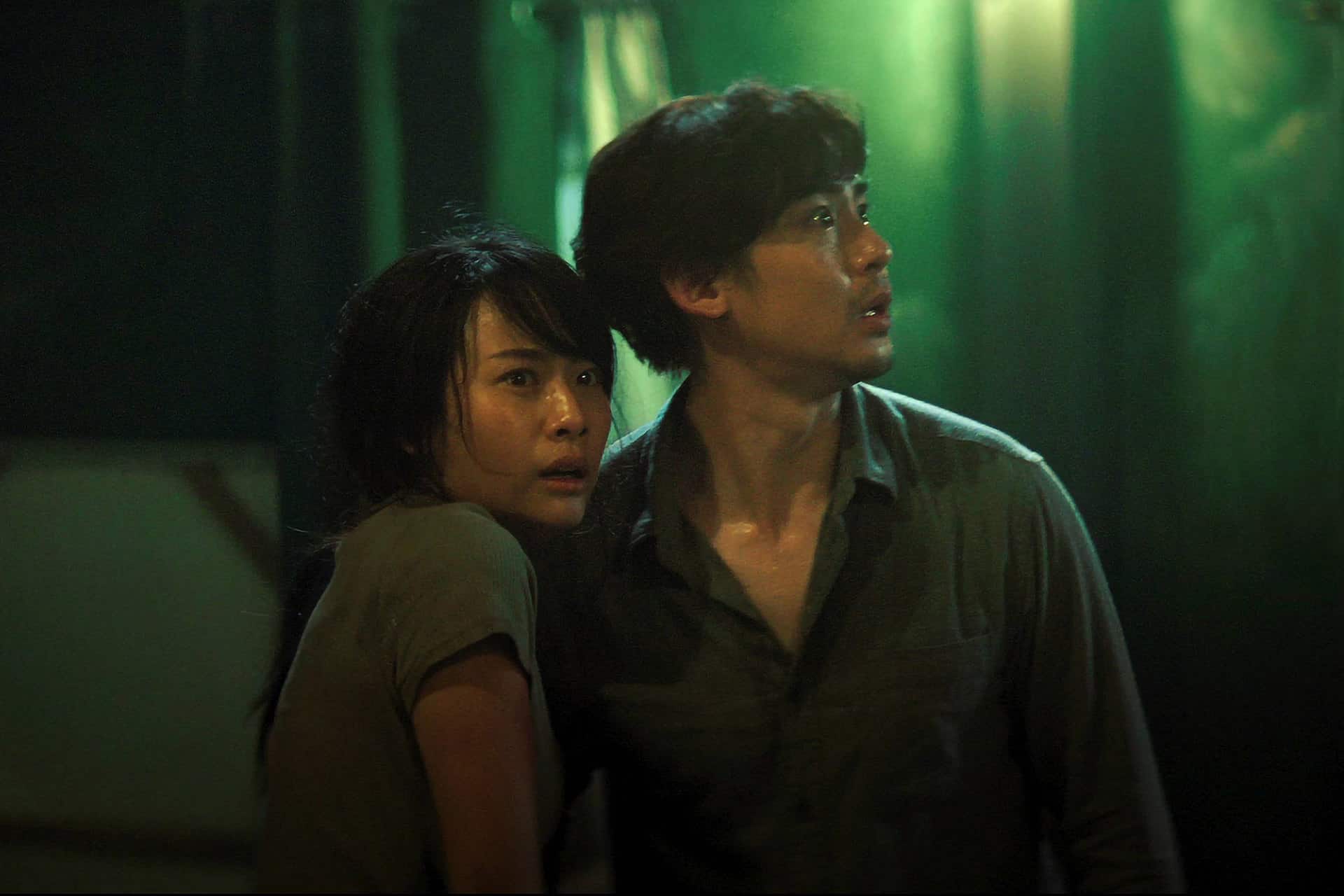Moe Wakabayashi, while enrolled in the Department of Animation at the Graduate School of Film and New Media, Tokyo University of the Arts, was chosen as one of 100 Filmmakers in 2020, which is a project to select the year's leading filmmakers and archive their works. “3 Intestine Road, Fish Island” is her latest film.
“3 Intestine Road, Fish Island” is screening at Skip City International D-Cinema Festival

The story is split in chapters, with the first ones introducing the three main characters and the way they ended up together in the belly of a fish. Surprisingly though, they are a pig, a fish, and a tadpole, with the latter actually being the child of the other two. The three of them live in harmony inside the giant creature, with the parents surrounding their child with love and care. At the same time, the tadpole seems to have lost its appetite, since his parents continue offering it fish to eat, in an element that borders on some sort of cannibalism. Eventually, a big ball pepper ends up inside the belly, with the father remembering how much he used to cherish them when he was in the farm he grew up in. The mother cautions the two about the dangers of eating something unknown, but a series of events end up with the father eating it, with the consequences being dire.
Moe Wakabayashi directs a 17-minute-short where the biblical references are more than evident. The story of Jonas and the whale is mirrored in the living of the three in the creature's belly, while the ball pepper is a distinct reference to the Adam and Eve and the apple story. At the same time, though, through the coexistence of three completely different beings, that have actually formed a family also sends a message about unity and the cohabitation of different types of people. Furthermore, the very finale also sends a message about the value of letting go, particularly from families to their children, in a rather optimistic ending the tones down the drama that followed the “original sin”
Even more interesting is the visual approach here, with Wakabayashi choosing to shoot her animation in black and white and rather retro drawing style, which is mirrored in both the characters and their surroundings. Particularly notable are the eyes of the creatures, which are drawn as something that looks like the number eight and double eyes at the same time, in a really original depiction of the particular part. At the same time, though, the animation is exquisite, with the movement flowing in rather impressive and quite rapid fashion, also adding to the sense of tension and danger that takes up a significant part of the story. The music also helps the most in that regard, as much as in the overall atmosphere of the film.
“3 Intestine Road, Fish Island” is an excellent short, both meaningful and artful, and testament to the quality of Moe Wakabayashi's animation


